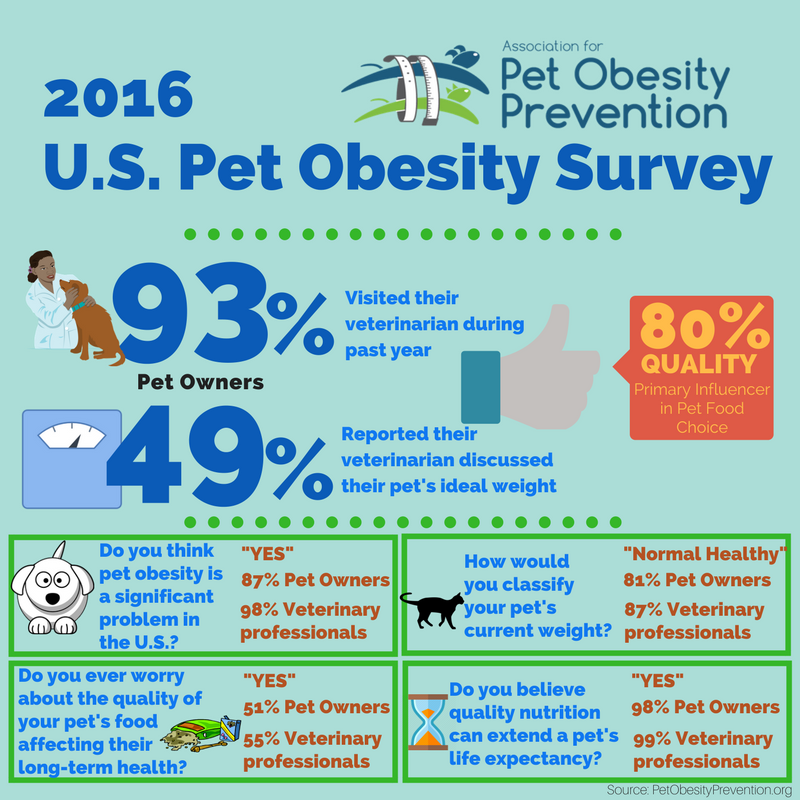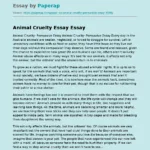Obesity in pets has emerged as a significant public health concern that not only affects the individual animal but also raises ethical questions about the responsibilities of pet owners. The dilemma of whether obese pets should be taken from negligent owners transcends mere aesthetic considerations; it encapsulates the broader implications of animal welfare, legal frameworks, and societal norms surrounding pet ownership. To understand the complexities of this issue, it is crucial to explore various facets, including the health risks associated with obesity in pets, the legal responsibilities of pet owners, and the potential implications of intervention by authorities.
The prevalence of obesity among pets, particularly domestic cats and dogs, poses numerous health risks. Conditions such as diabetes mellitus, osteoarthritis, and cardiovascular diseases are alarmingly common among overweight animals. Statistics reveal a correlation between increased weight and a reduced quality of life, leading to chronic pain and inflammation. This decline in health is often accompanied by an increase in veterinary costs, which can put financial strain on owners. The presence of these ailments can invoke a sense of urgency to address the underlying issue of pet obesity. However, the question persists: at what point does a pet’s health necessitate intervention in the owner-pet dynamic?
Before delving into the ethical dilemmas surrounding the relinquishment of obese pets, it is essential to consider the notion of negligence. Negligence, in this context, can be defined as a failure to fulfill the standard of care expected from a pet owner. This standard encompasses proper nutrition, exercise, and overall well-being. Negligent owners might be those who consciously overlook these responsibilities, allowing their pets to become obese due to a sedentary lifestyle and poor dietary choices. However, the assessment of negligence is complex and varies from case to case, contingent upon the socio-economic background, education level, and even cultural factors that influence pet care perception.
Moreover, many pet owners may lack awareness of their pets’ health status or the implications of obesity. This unawareness can stem from misinformation, limited veterinary access, or even a societal disregard for animal health. Contextualizing negligence is imperative, as it underscores the need for public education on responsible pet ownership. Campaigns promoting veterinary checks, nutritional guidance, and physical activities are crucial in fostering a more informed populace. Nevertheless, the horror of confronting the harsh reality that some pet owners may never change their ways remains haunting.
As the issue of pet obesity escalates, the role of animal welfare organizations becomes increasingly pivotal. These entities often grapple with the decision of whether to intervene in cases where dogs and cats are significantly overweight. Removal of an animal from its negligent owner might be deemed necessary for the pet’s well-being, but such actions are fraught with legal and ethical consequences. Animal control agencies must navigate a labyrinth of animal rights legislation while grappling with the principles of judgments regarding the ownership and custody of the animals they serve. Victimization of the animal often leads to stigmatization of the owner, creating a dichotomy that can exacerbate an already fraught situation.
From a legal perspective, statutes concerning animal cruelty and neglect vary significantly across jurisdictions. While some areas possess stringent laws that empower authorities to seize an animal in distress, others lack the requisite frameworks to address issues of pet obesity effectively. Legislative bodies must be encouraged to revisit existing laws or introduce new regulations that specifically address the nuances of animal obesity as a form of neglect. This can catalyze a societal shift towards viewing pet obesity as a welfare issue, calling for protective actions when the physical health of an animal is at stake.
The potential resentment towards animal control interventions necessitates contemplation of alternative solutions. Rather than outright removal, interventions can focus on providing support, guidance, and education to the owner. Implementing programs that connect pet owners with resources—namely veterinary care, nutritional counseling, and exercise classes—could yield more positive outcomes without the need for drastic measures. By fostering a cooperative relationship between authorities, pet owners, and the community, a more sustainable approach to combating pet obesity might materialize.
Moreover, the fascination surrounding the issue of pet obesity extends beyond the animal and owner dynamics. It compels society to reflect on its values regarding animal companionship, welfare responsibility, and ethics. The statistics on pet obesity serve as a mirror reflecting our collective attitudes toward health and well-being, not just of animals but also in a broader sense. The broader implications of animal neglect force a reconsideration of the societal narratives that often romanticize pet ownership without recognizing the concomitant responsibilities.
Furthermore, pet owners who find themselves in circumstances of ignorance may benefit significantly from community-based outreach and education. Awareness campaigns that emphasize the importance of pet health and the consequences of neglecting an animal’s physical needs can be instrumental in changing attitudes. This participatory approach can bridge the gap between knowledge and action, ensuring that pet owners are equipped with the tools necessary to promote a healthier lifestyle for their furry companions.
In conclusion, the question of whether obese pets should be taken from negligent owners illuminates myriad issues related to animal welfare, owner responsibilities, and societal values. While intervention can be necessary in some situations, it is paramount to consider the nuances of negligence, the legal framework surrounding animal rights, and the potential for educational initiatives to inspire change. Ultimately, fostering a culture of compassion and responsible pet ownership may be the most viable solution to combat the epidemic of obesity in pets, without resorting to drastic measures that can unwittingly exacerbate existing issues.










